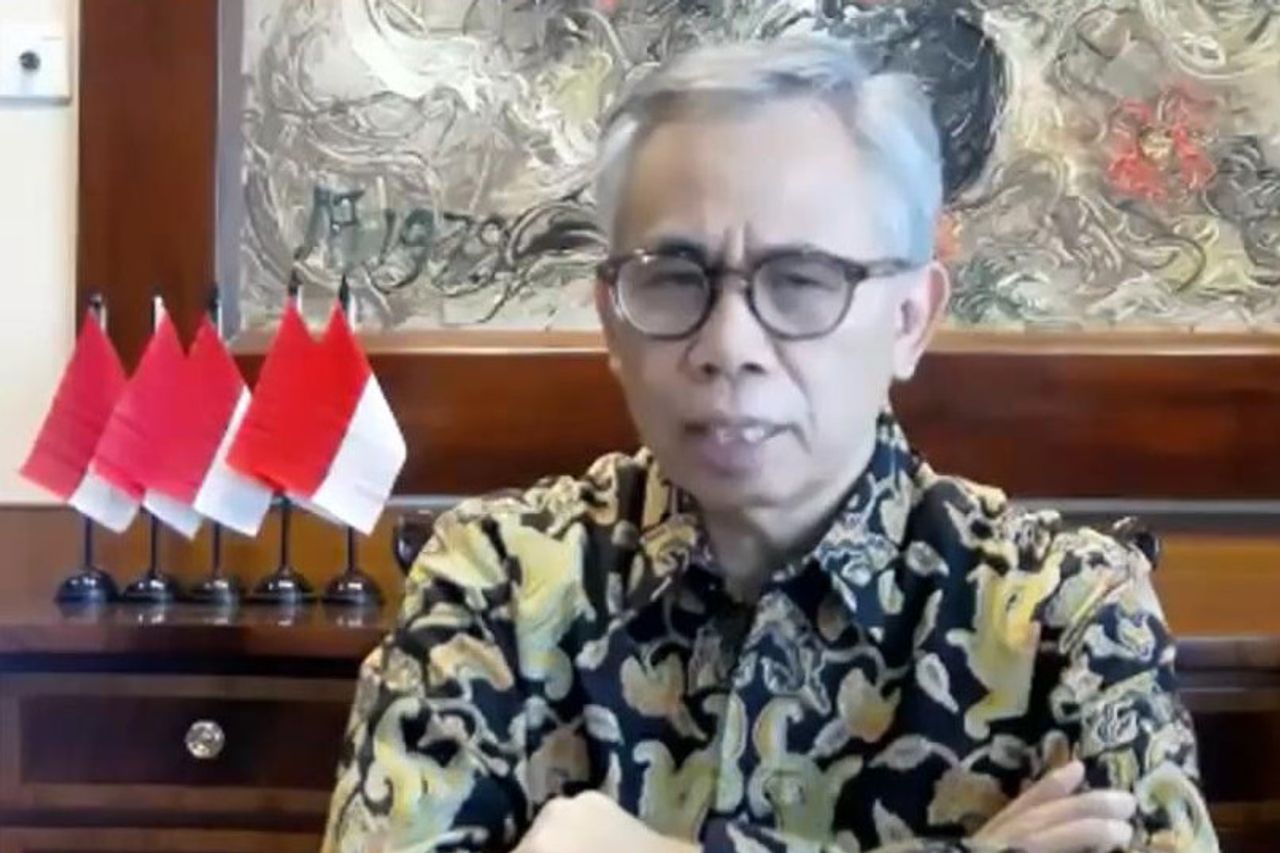OJK Believes That Banking Credit Growth Will Grow By 4 Percent By The End Of 2020

JAKARTA - The Financial Services Authority (OJK) estimates that bank credit disbursement as of June this year will still decline. The reason is that economic activity during the COVID-19 pandemic is still slowing down.
However, starting from July to the end of the year, OJK is confident that credit distribution can still grow at 4 percent year on year (yoy).
Chairman of the OJK Board of Commissioners, Wimboh Santoso, said that credit distribution is one of the activities most affected by COVID-19. Banking loans as of May 31, 2020, only grew 3.04 percent compared to the position as of May 31, 2019.
"Just imagine, credit growth has decreased and only grew by around 3 percent, where at the end of last year it was 6 percent," he said, in an Indef webinar entitled 'Challenges to Arrange the Architecture of the Financial Sector in the Middle of a Global Pandemic', Thursday, July 23.
However, Wimboh revealed, demand for credit began to improve in July and it is hoped that it will continue to be positive until the end of 2020. This is in line with the large amount of stimulus received by the real sector and the banking industry from the government.
"We project that credit can grow 3 percent to 4 percent," he said.
Total loans disbursed throughout May only reached IDR5,583.25 trillion. Meanwhile, in April, the realization of bank credit was IDR5,609 trillion and in March previously it reached IDR5,712.04 trillion.
"And we hope that in 2021 it will be more back to normal," he said.
In addition, Wimboh is also optimistic that the ratio of bank bad loans or non-performing loans (NPLs) can still be kept below 3 percent. This was accompanied by the implementation of the credit restructuring policy.
Wimboh said that the current NPL had increased to 3.1 percent. This figure is higher than the previous month which amounted to 2.8 to 2.9 percent and 2.5 percent in April 2020.
The increase in NPLs, said Wimboh, was partly because there were still banks that made reserve funds, even though they had restructured credit. In fact, he continued, the OJK had issued a regulation so that banks no longer needed to form reserves for credit restructuring.
The regulation refers to POJK No. 11 / POJK.03 / 2020 as well as guidelines for the Financial Accounting Standards Board-Indonesian Institute of Accountants (DSAK-IAI) on April 2, 2020 concerning the Impact of the COVID-19 Pandemic on the Implementation of PSAK 8, Events after the Reporting Period, and PSAK 71 Financial Instruments.
In this regulation, banks are required to classify debtors who have received the restructuring scheme in Stage-1 and no additional allowance for impairment losses (CKPN) is required.
